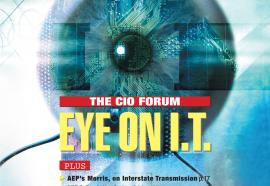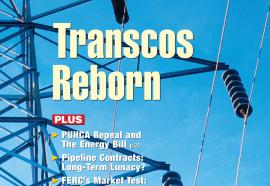Tariff Tinkering
FERC says it won’t ‘change’ the native-load preference, but don’t bet on it.
When FERC opened wholesale power markets to competition a decade ago in Order No. 888, it codified a system for awarding grid access known as the pro forma Open-Access Transmission Tariff (OATT), founded on physical rights, and on the fiction that electrons travel along a “contract path.” Should the commission “tinker” with the OATT, making only surgical changes to make it current? Or, do events instead warrant a complete overhaul?










